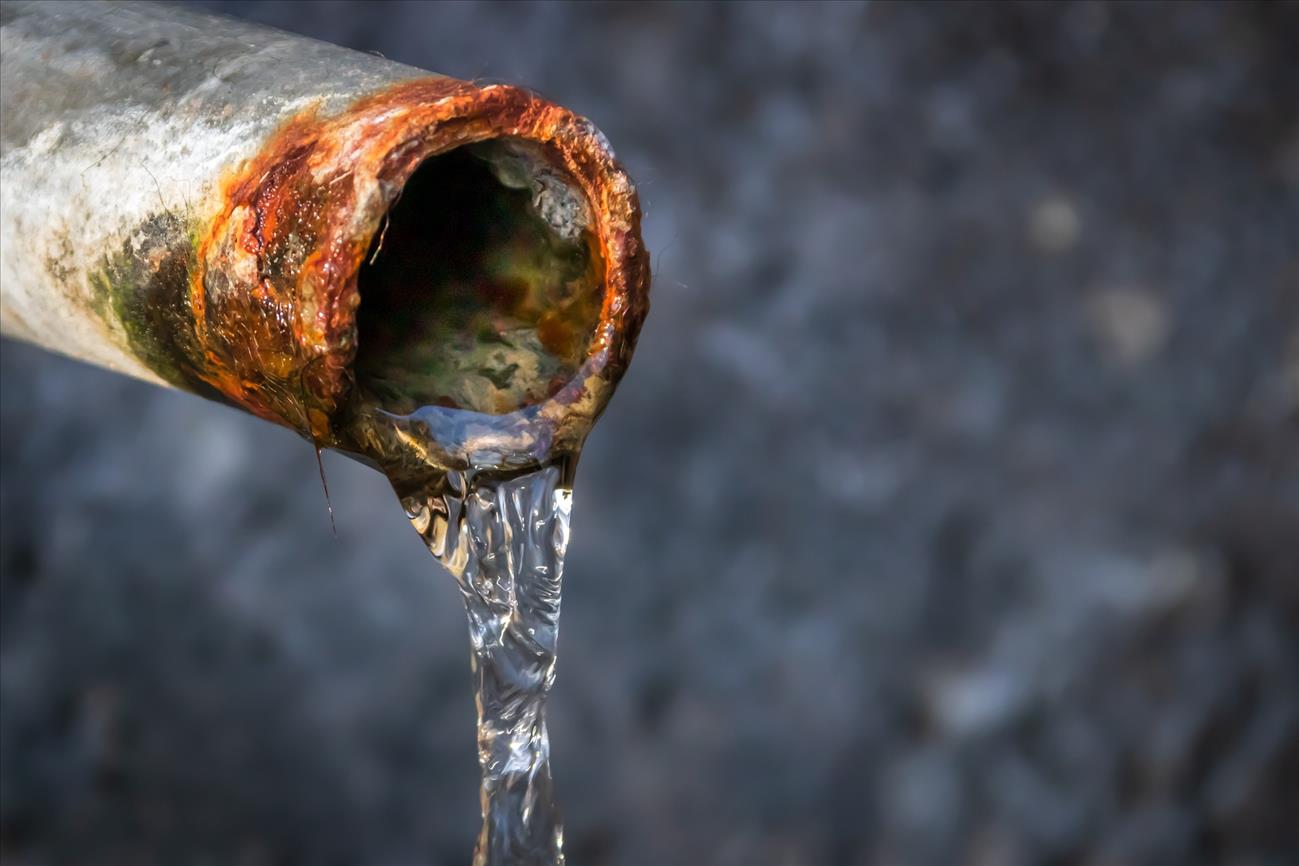Have you noticed that your water pipes, particularly the hot water lines, have lower pressure than usual? It could be due to calcium build-up. Calcium build-up is a common problem in households with hard water. It can cause blockage and corrosion in the pipes and may result in costly replacements.
In this article, we will discuss what calcium build-up is and how it affects your plumbing system. We will also cover tips on preventing calcium build-up in your home's plumbing system to avoid costly repairs or replacements.
Understanding Hard Water
Hard water can be a significant problem for homeowners and plumbers alike. It contains minerals that, when heated and evaporated, can settle into the pipes and cause blockages. This process is known as 'scale deposits' and is one of the most common causes of clogged pipes.
Plumbing blockages caused by build-ups can cause significant issues in your plumbing, ranging from reduced water pressure to appliances not functioning correctly. Furthermore, certain pipe types are more susceptible than others to hard water clogging. Copper, PEX, and PVC pipes have higher resistance to deposits and corrosion. However, they can still get blocked or partially clogged by scale build-up.
Measuring The 'Hardness' of Water
Knowing the hardness of your water is essential for ensuring you have an efficient water softener system. Water hardness is measured in grains per gallon (GPG), indicating how much calcium, magnesium, and other minerals are in the water. By measuring water hardness, you can determine which softener will best meet your needs and provide optimal results.
Generally speaking, water with a calcium carbonate content of less than 1 gpg would classify as 'soft,' 3.5 and 7 gpg as 'moderately hard,' 7 and 10.5 as 'hard,' and above this limit as very hard.
There are a few ways to test the hardness of the water:
- Test Strips
Test Strips
Water hardness test strips are a quick, easy, and reliable way to measure the mineral content of water. These strips can provide an accurate reading in just a few seconds, allowing users to quickly assess their water's hardness and make informed decisions about their water treatment.
- Drop Count Test Kits
Drop Count Test Kits
Drop Count Test Kits are an accurate and easy way to measure the hardness of water supplies. These kits come with a dropper that you use to add an EDTA solution to the sample and count how many drops it takes for the EDTA solution to react with the sample.
- Digital Titrator
Digital Titrator
These advanced kits accurately dispense tiny increments of EDTA solution, allowing for far more accurate readings than traditional drop count titration methods.
Solving Problems Caused By Hard Water
Knowing the hardness of water can help determine if it requires treatment, which helps ensure its safety for consumption. With the proper maintenance and prevention practices, you can ensure that your pipes remain clog-free for many years.
Prevention
Two of the most reliable solutions to prevent hard water damage are a water softener and a reverse osmosis water treatment system. Investing in either can be incredibly beneficial for protecting your plumbing and fixtures from the damaging effects of mineralized or hard water.
- Water Softener
Water Softener
A water softener sits between your main water supply and your home's pipes. It contains a tank filled with an inorganic softening substance, such as resin or crystals, soaked in a saline solution. This system effectively helps soften hard water to provide you with better-quality water. Water passes through the softener, replacing the hard minerals with sodium molecules in a process known as ion exchange. This process removes the minerals from the water before reaching your appliances and faucets, benefitting them in the long run.
- Reverse Osmosis
Reverse Osmosis
Reverse osmosis is a robust water purification process that removes impurities from your drinking water. Using a semipermeable membrane, it filters out many substances, including hard minerals, bacteria, and viruses. Investing in reverse osmosis systems is a great way to access clean and pure water. Though they cost more than water softeners, the long-term benefits may be worth it, depending on your scenario.
Maintenance
As we know, there are several hazards when treating the inside copper pipes with any chemical. Therefore, government agencies prevent you from doing so.
Vinegar could be a potential solution if you're dealing with clogged pipes. Although it may take quite a bit of vinegar to get the job done and require leaving it in the pipes for at least 24 hours, this method may be more cost-effective than calling a plumber. However, you must first remove all of the water from the pipes before attempting this method so that the vinegar can adequately clean out any debris or blockages.
The smell and taste of vinegar may remain in the pipes for a while, but it's much safer than store-bought drain cleaners and should pose no adverse harm to health.
Plumbing maintenance can get messy, which is where gasketed access doors and panels can help you. These panels have gaskets to prevent air or water from entering the seams. Additionally, you can opt for access panels with fiberglass insulation and neoprene gasket for extra soundproofing and to minimize air leakage between compartments.
Conclusion
Keeping your appliances running smoothly and in peak condition can seem daunting, but it is relatively easy if you don't postpone the maintenance and repairs. Look after your machines; they'll work reliably for years.
When it comes to calcium build-up in pipes, it can be a slow and gradual process that can take decades before any issues present themselves. However, a unique circumstance such as yours, where the pipes were disturbed, may speed up the process and cause calcium build-up to occur much faster than average. Regularly flushing your pipes and having water treatment solutions are highly recommended to ensure your plumbing system stays in optimal condition.
Are You a Professional?
Requests for your services are coming in left and right. Let’s connect and grow your business, together.


